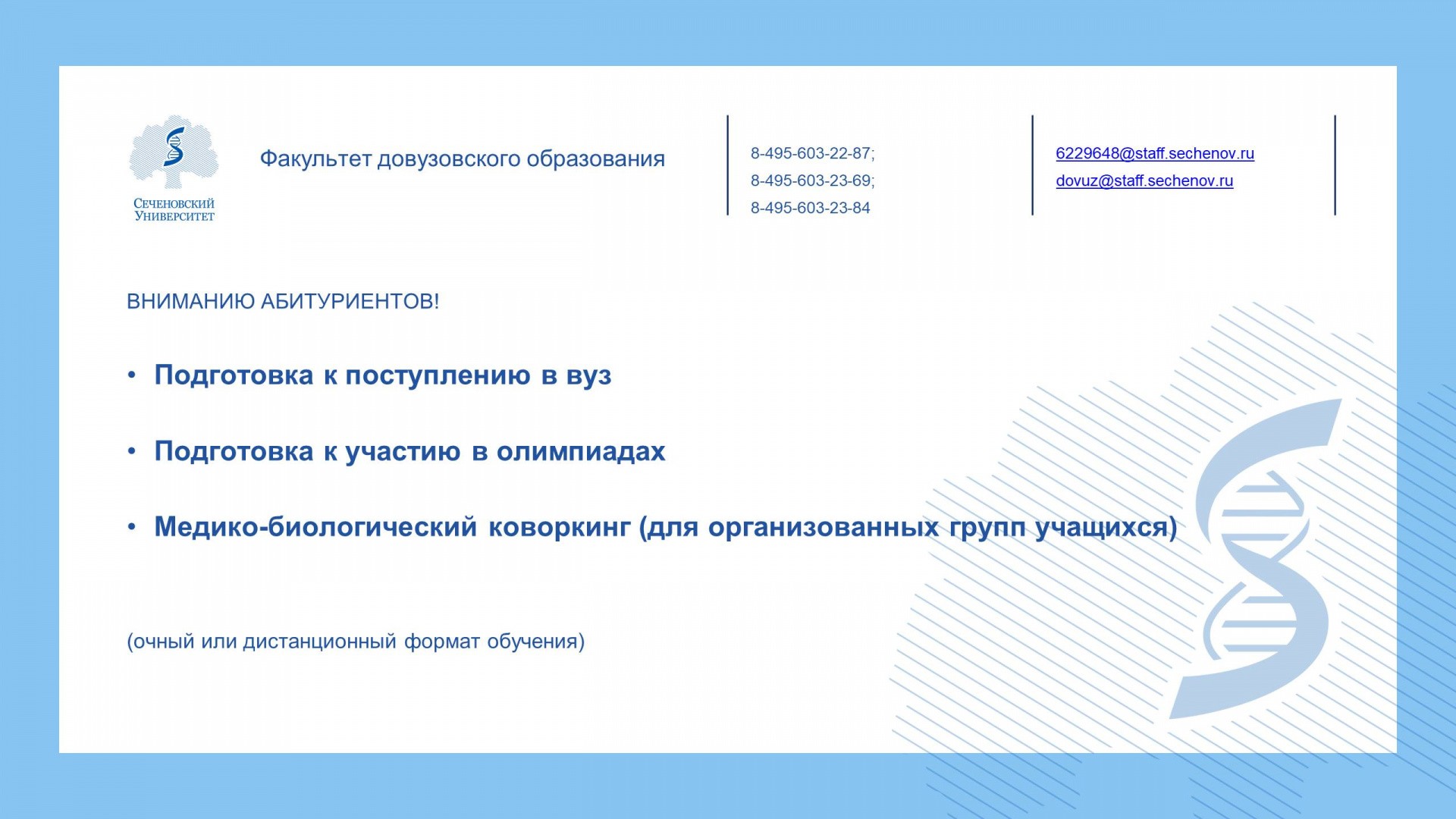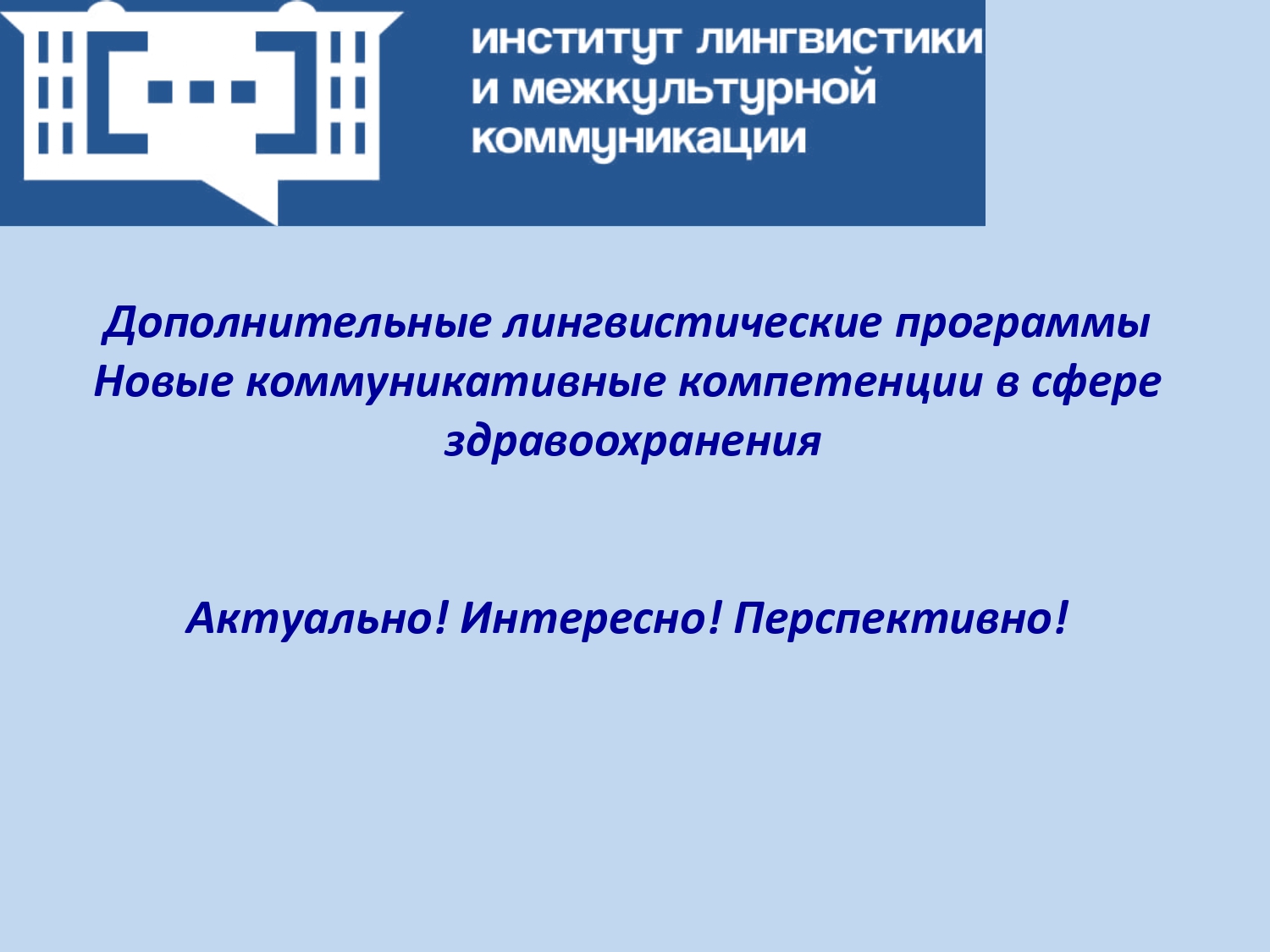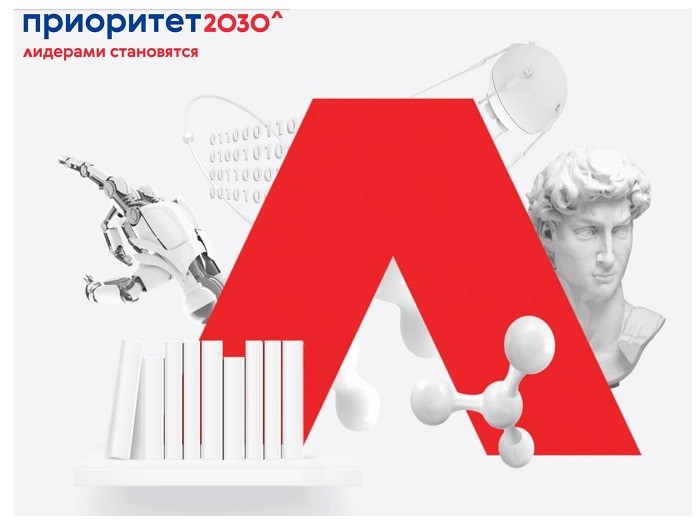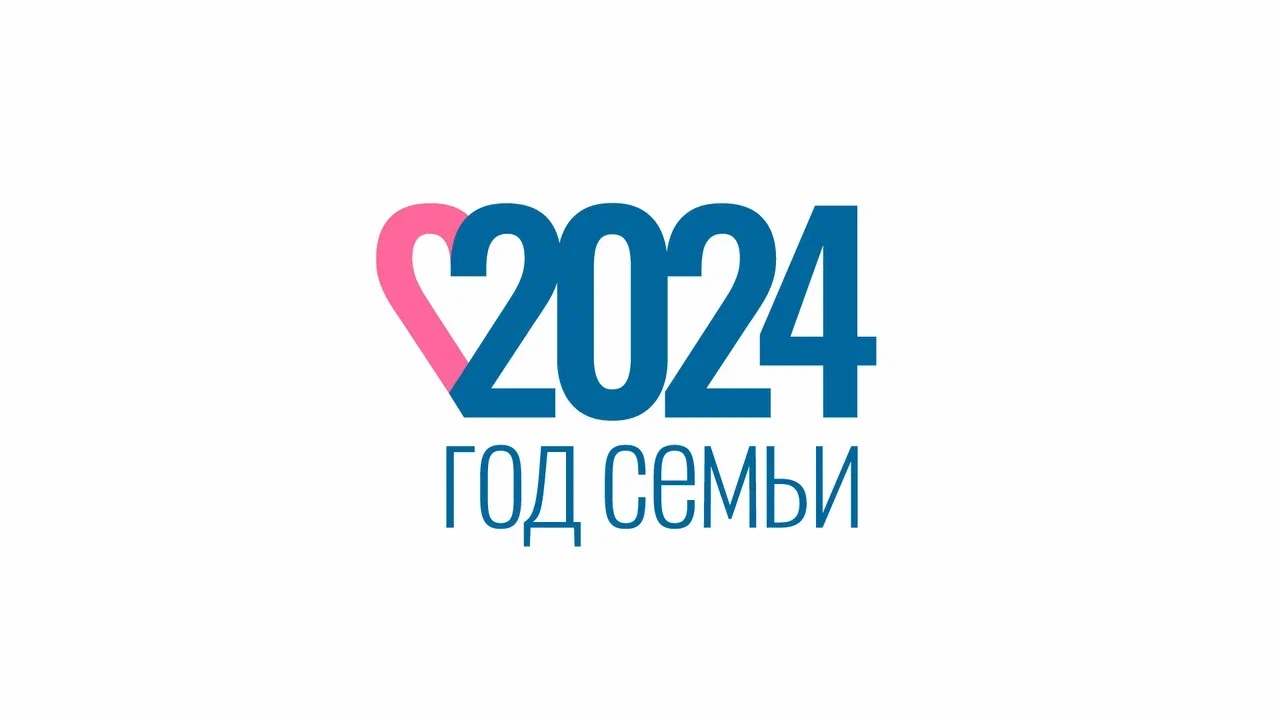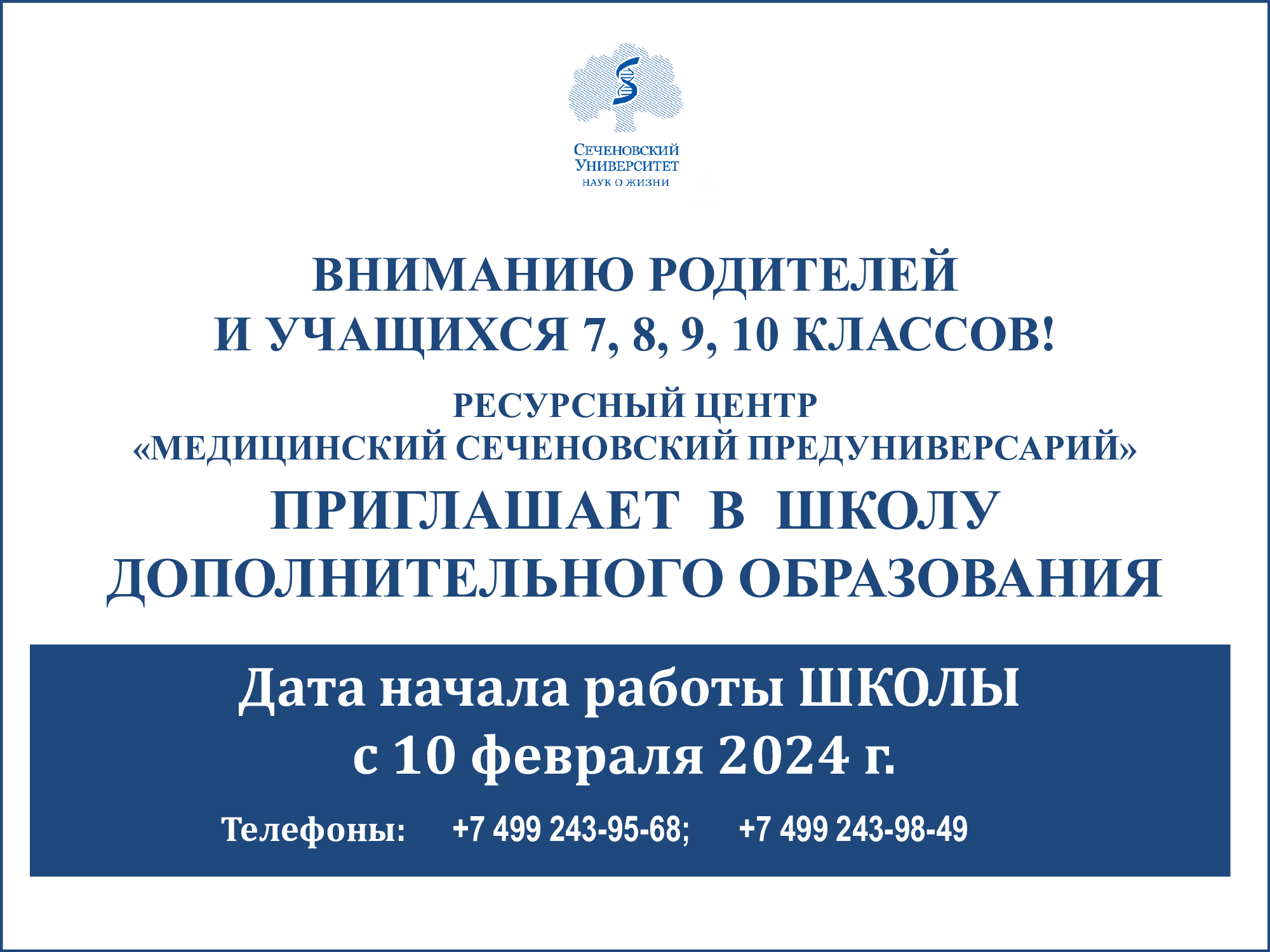Репозиторий Университета
Macroporous modified poly (vinyl alcohol) hydrogels with charged groups for tissue engineering: Preparation and in vitro evaluation
Аннтотация
V. Poly(vinyl alcohol) (PVA) hydrogels are widely employed for various biomedical applications, including tissue engineering, due to their biocompatibility, high water solubility, low protein adsorption, and chemical stability. However, non-charged surface of PVA-based hydrogels is not optimal for cell adhesion and spreading. Here, cross-linked macroporous hydrogels based on low molecular weight acrylated PVA (Acr-PVA) was synthesized by modification of the pendant alcohol groups on the PVA with glycidyl methacrylate (GMA). To enhance cell affinity, charged groups were introduced to the hydrogel composition. For this purpose, Acr-PVA was copolymerized with either negatively charged acrylic acid (AA) or positively charged 2-(diethylamino) ethyl methacrylate (DEAEMA) monomers. A surface charge of the obtained hydrogels was found to be in function of the co-monomer type and content. Confocal microscopy observations confirmed that adhesion and spreading of both mouse fibroblasts (L929) and human mesenchymal stem cells (hMSC) on the modified Acr-PVA-AA and Acr-PVA-DEAEMA hydrogels were better than those on the non-modified Acr-PVA hydrogel. The increase of DEAEMA monomer content from 5 to 15 mol% resulted in the enhancement of cell viability which was 1.5-fold higher for Acr-PVA-DEAEMA-15 hydrogel than that of the non-modified Acr-PVA hydrogel sample.
Вернуться назад



